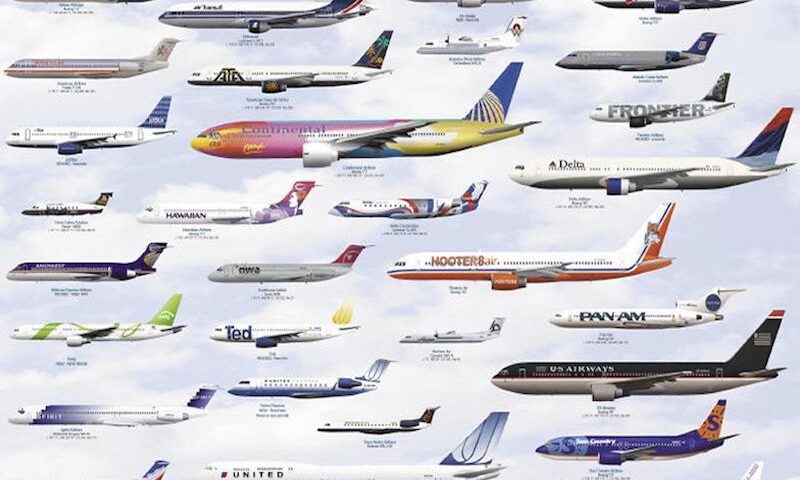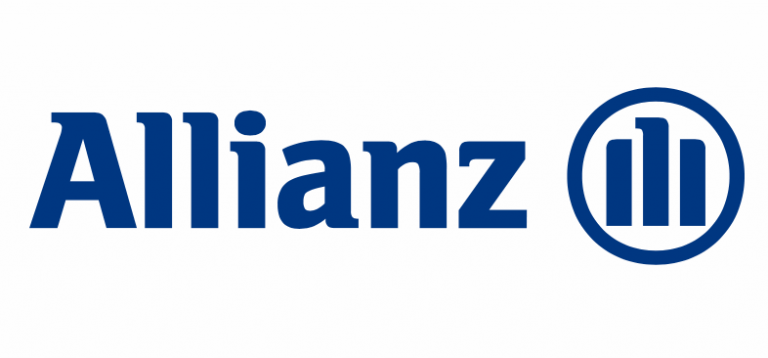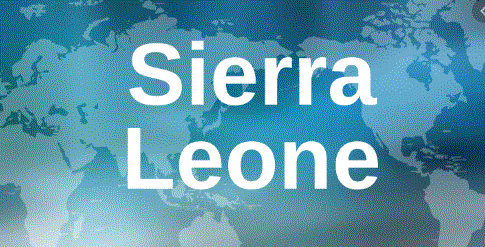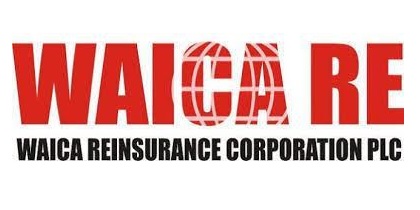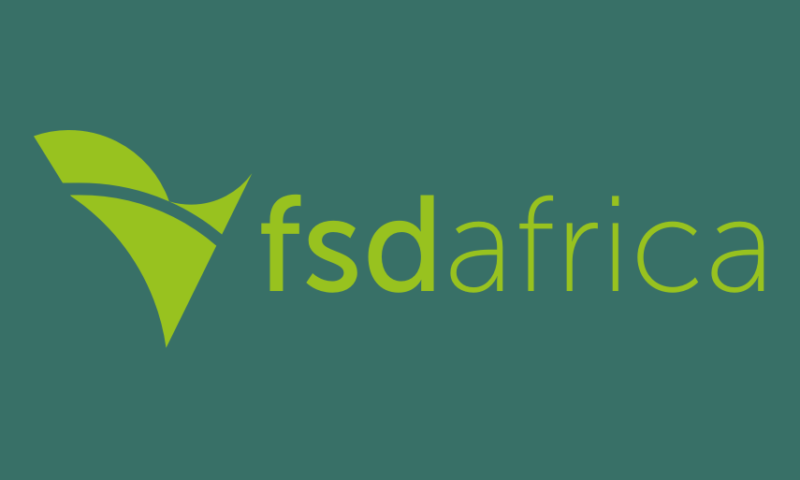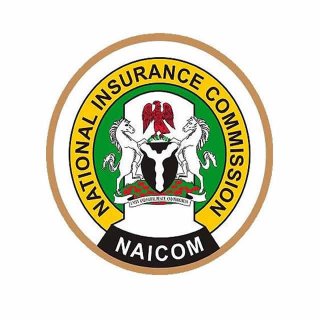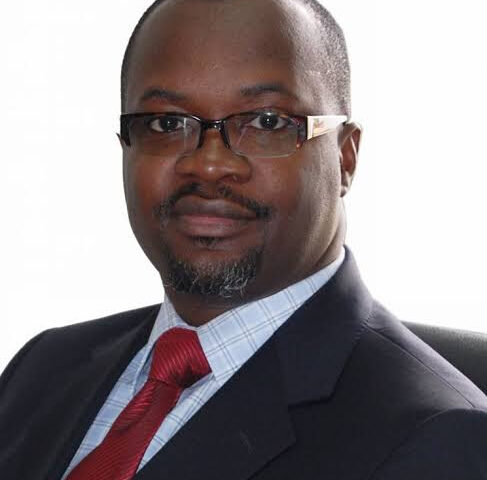Domestic airlines increase fares by 100% effective March 1
By Favour Nnabugwu
After a meeting in Lagos, domestic airline operators have resolved to increase airfares by 100 percent across board with effect from next week, March 1.T
The resolution adopted by all the domestic operators sees the least economy ticket now selling for 50,000 naira, instead of the previous 22,000 naira for an hour flight.
There are indications that some of the airlines have already fixed some of the fares that will come into effect on March 1.
Investigation revealed that an economy class domestic ticket on Max Air outbound Jos to Abuja from March 1, 2020 sells at ₦50,000, while Green Africa Airlines’ Lagos to PortHarcourt goes for ₦35,000 as opposed to its current ₦16,500 fare.
Green Africa will sell its Owerri to Abuja flight tickets at ₦35,000, while Air Peace Lagos to Abuja will sell at ₦50,000. Equally, Air Peace will sell Lagos to Benin return ₦105,000.
Azman Air flight from Abuja to Kano from the same March 1 sells at ₦50,000, while Overland Airways Akure to Abuja will go for the same ₦50,000. Other airlines , namely, Dana, Ibom Air, Aero Contractors will also raise their ticket prices by 100 percent
Recall the airlines, under the aegis of Airline Operators of Nigeria, AON, had issued a statement complaining about the current high cost of aviation fuel.
They revealed that ” aviation fuel cost above N410 in Lagos, N422 in Abuja and Port Harcourt, and N429 in Kano per litre, while the dollar, which sells for between N580 to N600 is in short supply.”
The airlines also expressed anger at the ” Unavailability of Forex for spare parts and maintenance . Airlines carry out most of their activities in dollars which today sells for between N580 to N600 and is in short supply. Nigeria’s domestic airlines are in a ‘life and death’ struggle to secure the Forex they need to acquire their spare parts to maintain their aircraft.”
” This is a major influence on how quickly a grounded aircraft can be fixed and restored to its flight schedule, which in turn has a huge impact on the schedule reliability of the domestic airlines,” AON said.
As at the time of filing this report, the civil aviation regulatory authority, Nigeria Civil Aviation Authority, NCAA, has not issued any statement on the new fares . A source within the authority however said airfares have since be ” deregulated by NCAA, leaving market forces to determine price.”
” NCAA only intervene when an airline fixes ridiculously low airfares. That can compromise safety standard as operations of any airline is capital intensive,” he said.

